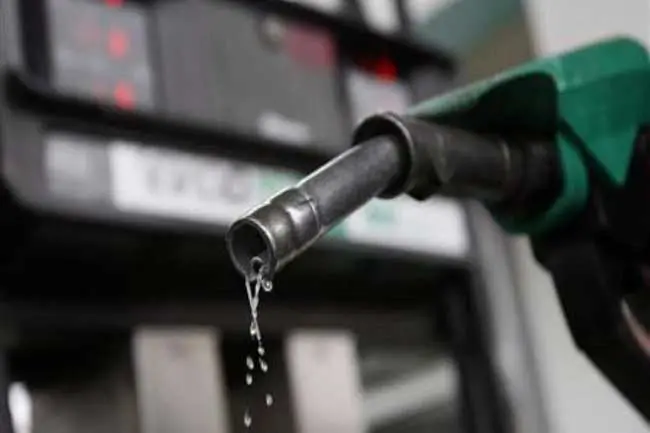The Independent Petroleum Marketers Association of Nigeria (IPMAN) has stated that the current landing cost per litre of Premium Motor Spirit (PMS), commonly known as petrol, makes it unfeasible for petrol marketers to import the commodity, unlike the Nigerian National Petroleum Company (NNPC) Limited.
“Right now, the landing cost of PMS is over ₦1,200, excluding the marketers’ margin, transportation, and other logistics,” said IPMAN National Operations Controller, Zarama Mustapha, during an appearance on Channels Television’s *Sunrise Daily* programme on Thursday.
“NNPC sells to marketers at ₦565 or so. That means there is a subsidy of almost ₦600 to ₦700 as of now.
“Whether they (government officials) say there is subsidy or there is not subsidy, the fact on the ground clearly states that there is something they are under-recovering.”
The return of petrol subsidy has been one of the very clear demands of #EndBadGovernance demonstrators who took to the streets last week to protest hunger and food inflation in Nigeria.
But during a nationwide broadcast on Sunday, President Bola Tinubu said he “took the painful yet necessary decision to remove fuel subsidies and abolish multiple foreign exchange systems which had constituted a noose around the economic jugular of our Nation and impeded our economic development and progress”.
The IPMAN official said the demands of the young protesters were legitimate but he doubted if the government could afford to such.
“Their demands are cogent, and in consistent with the realities on the ground, looking at the economic situation of the country. They have every right to go and demand that. But the other side of it is that government can do what it can be able to afford.
“If you say we should revert to ₦200 or ₦250, can the government afford that much of a burden? The government has found itself in a very difficult situation.
“There is a need for us to understand and see how best we can be patient enough and get out of this situation, the situation is very complex; not the way the general populace looks at it, government is in a very tight corner right now,” Mustapha said.
Nigeria, Africa’s most populous nation, is grappling with significant energy challenges as all its state-owned refineries remain non-operational. The country is heavily dependent on imported refined petroleum products, with the state-run NNPC being the primary importer of these essential commodities.
Fuel queues are a common sight across the nation. The price of petrol has tripled since the subsidy removal in May 2023, rising from around ₦200 per litre to approximately ₦700 per litre. This price hike has exacerbated the struggles of citizens who rely on petrol to power their vehicles and generators, given the country’s long-standing issues with inconsistent electricity supply.
Concurrently, the government has unified the foreign exchange windows, leading to a drastic devaluation of the naira. The exchange rate has plummeted from $1/₦700 to over $1/₦1600 in the parallel market. This devaluation has caused prices of food and basic commodities to soar, as Nigerians contend with the resulting inflation.
‘60% Of Marketers Out Of Business’
The IPMAN official attributed the frequent petrol queues in the country to policy inconsistency, noting that around half of independent marketers are on the brink of going out of business due to forex volatility.
He mentioned that petrol marketers now spend more than three times the amount they used to purchase one tanker before the subsidy removal.
Mustapha said, “Looking at the need to be in business in the deregulation era, more than 50 or 60% of our members are almost out of business because of the capital involved. Once you cannot get the capital involved, you cannot sustain the business.
“For most of our members, what they used to buy one truck, they need about five or six times that value of capital to buy one truck today. Once you cannot get the capital involved, you cannot sustain the business.”
On the directive by the President that the NNPCL sell crude to Dangote Refinery and modular refineries in naira, the IPMAN official said, “It’s just the currency but whatever they are going to sell in naira is going to be calculated based on the FX rate.
“The point is that it will reduce the demand on the pressure on the naira. Naira will be chasing the dollar, obviously. So, the volume of demand of dollars is going to drastically reduce which will give some kind of value and appreciation to our currency.”



